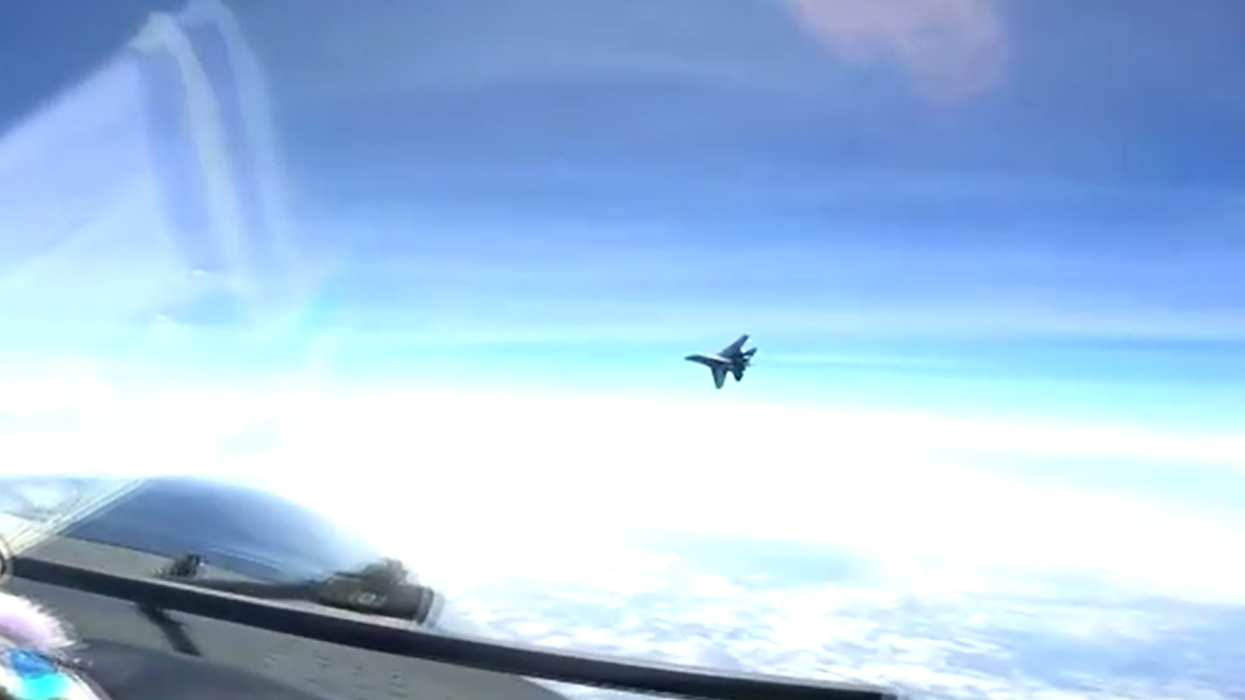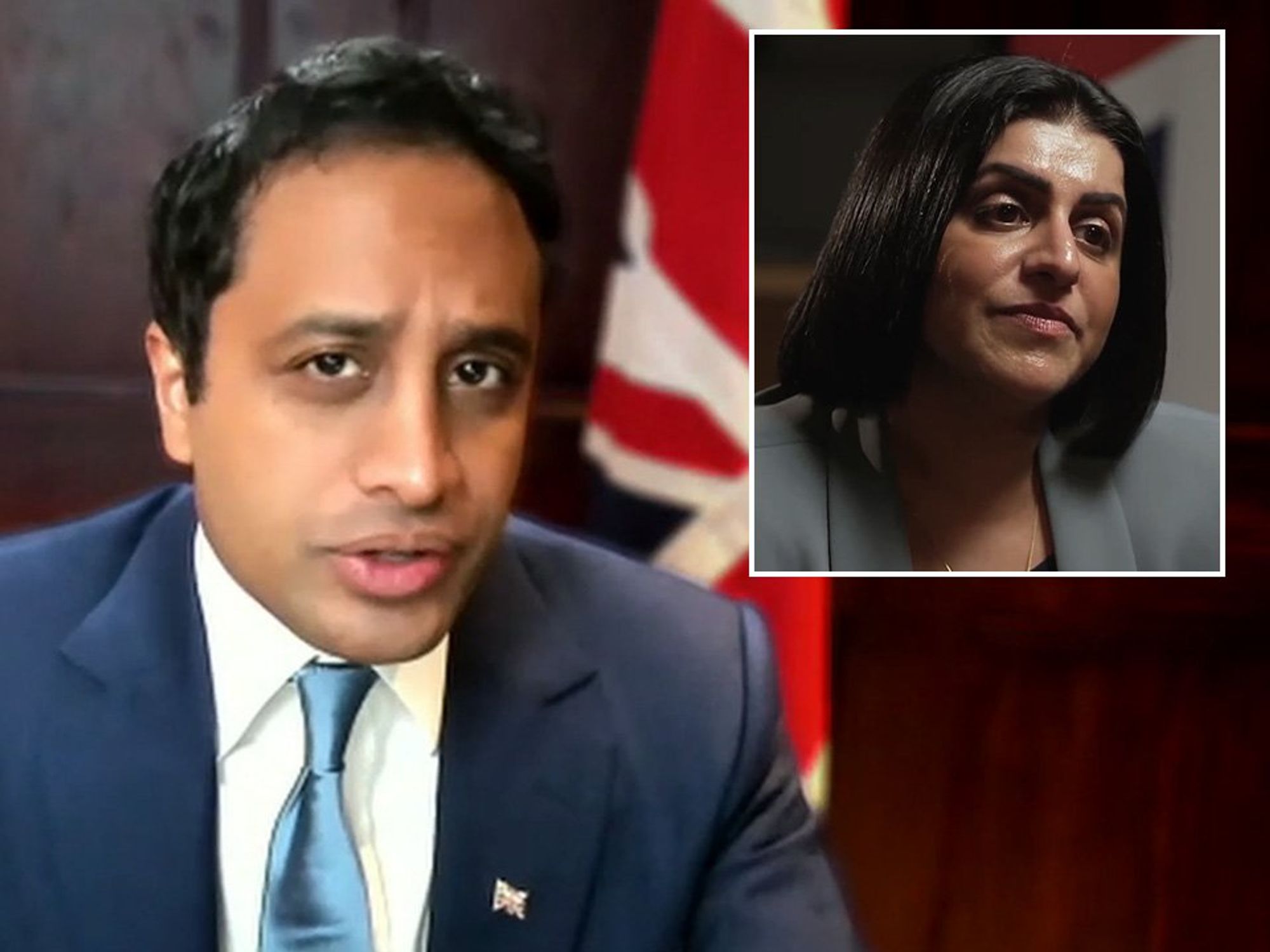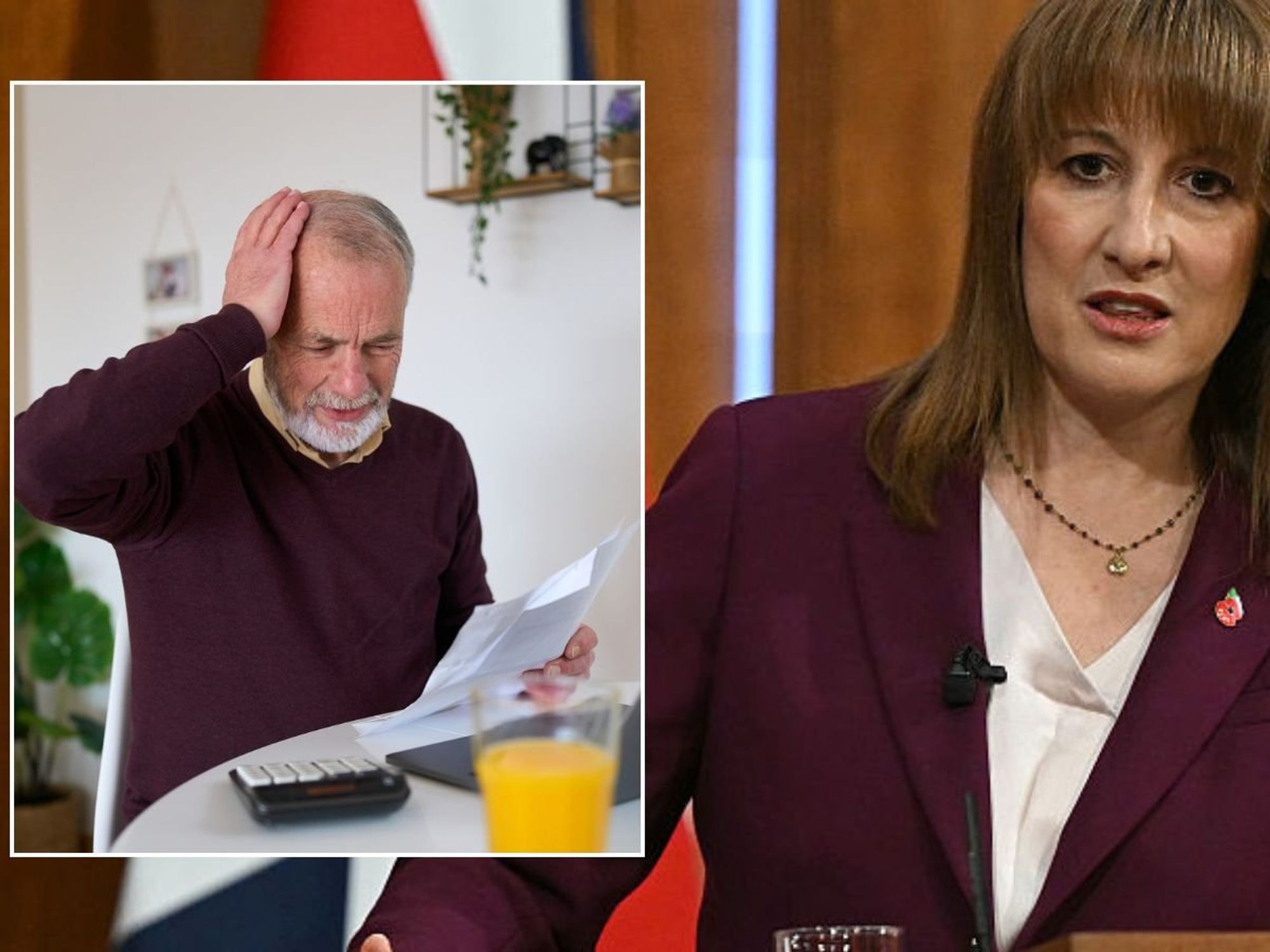China leaves US furious after 'unnecessarily aggressive' fighter jet manoeuvre

China leaves US furious after 'unnecessarily aggressive' fighter jet manoeuvre
|Reuters

Tensions between Washington and Beijing continue to deteriorate amid growing tensions in the South China Sea
Don't Miss
Most Read
China has left the United States fuming after an “unnecessarily aggressive” fighter jet manoeuvre was performed near an American surveillance aircraft last week.
The Pentagon described the incident as part of a pattern of behaviour by Beijing in the South China Sea.
Sino-American relations have continued to worsen in recent years amid growing concern about Beijing’s ambitions in Taiwan and after alleged spy balloons were shot down over the United States.
The Indo-Pacific Command said in a statement: “[The Chinese] plane flew directly in front of and within 400 feet of the nose of the RC-135, forcing the US aircraft to fly through its wake turbulence [on Friday].”

A fighter jet takes off from China's Shandong aircraft carrier, over Pacific Ocean waters
|PA
The statement added: “The RC-135 was conducting safe and routine operations over the South China Sea in international airspace, in accordance with international law.”
An official at the Pentagon claimed there has been an “alarming increase” in the number of aerial intercepts and confrontations at sea.
The insider also warned that such incidents have the “potential to create an unsafe incident or miscalculation.”
A similar incident took place in December when a Chinese jet forced a US RC-135 to take “evasive” manoeuvres to avoid a collision.

American aircraft carrier on its way to Norway
|PA
Tensions between Beijing and Washington reached a symbolic stage earlier this month.
Beijing refused to accept an invitation for US Defence Secretary Lloyd Austin to meet his Chinese counterpart Li Shangfu.
The Pentagon hoped the pair could meet in Singapore last week.
A senior official claimed the timing of the announcement about the incident was unrelated to China’s refusal of the invitation.

Beijing refused to accept an invitation for US Defence Secretary Lloyd Austin to meet his Chinese counterpart Li Shangfu
|PA
They instead suggested information about the aircraft incident was “subject to the US military declassification process and US diplomatic communication process”.
Pentagon officials, including Austin, have been working to strengthen relations in Asia in an attempt to curtail China’s growing influence in the region.
However, there are some indications that Beijing and Washington have been working to lower the temperature.
Jake Sullivan, Joe Biden’s national security adviser, met with Chinese diplomat Wang Yi in the Austrian capital of Vienna earlier this month.
Following the meeting, President Joe Biden said ties between Washington and Beijing should thaw “very soon”.










